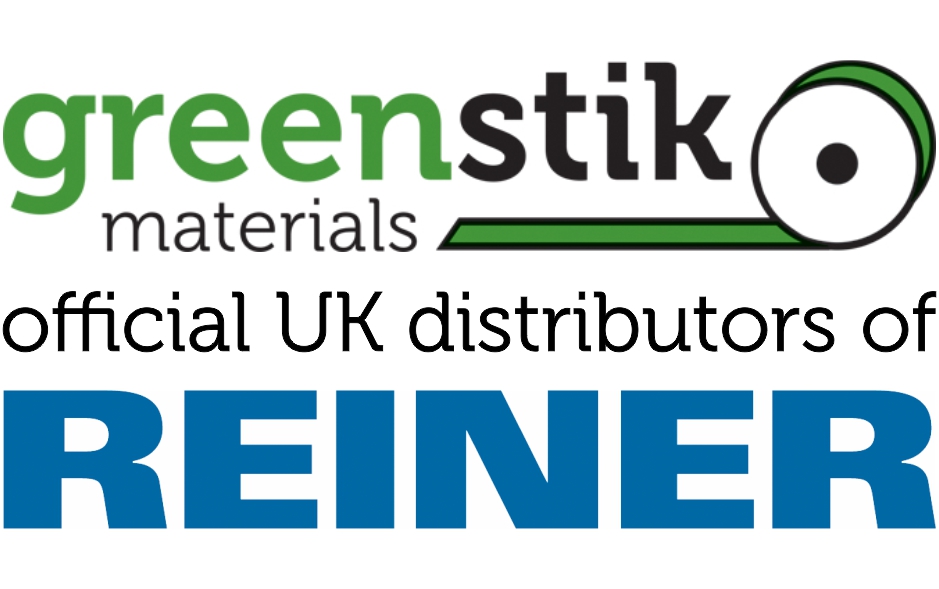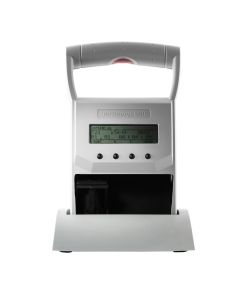-
- Printing onto multiple materials 0
- Food date and lot marking solutions for small businesses 0
- Changing the ink cartridge in your REINER 940 0
- Planning to open your own microbrewery? 0
- Why millennials decide to shun plastic in favour of eco-friendly materials 2
- 5 common misconceptions about handheld inkjet printers 0
- REINER introduces the new P1-MP6 ink for dark surfaces 0
- How to barcode your products 4
- Choosing the right ink for your REINER printer 0
Why millennials decide to shun plastic in favour of eco-friendly materials
A GREENER GENERATION
It’s certain – the Blue Planet piece on plastics in our oceans really hit home. According to the information provided, every day 16 million plastic bottles in the UK alone end up in our environment. Result? Progressing degradation of eco-systems and gradual extinction of species. Why is this so important for the industry? ‘Millennials not only show great concern for the environment, they care about environmental issues more than the average person and more than any other age group’ as shown by research done by the Glass Packaging Institute. Millennials, also known as ‘Generation Y’ are people born after 1980 and according to a global study by Nielsen they continue to be the most willing demographic to pay extra for sustainable products, with almost 3 out of 4 agreeing to do so. It has become clear that now this problem has been highlighted, it will not go away, and we can all make small changes to help to make our environment safe for generations to come.
The ban on the manufacture of products containing microbeads in the UK, which came into place 8th January 2018, is an important milestone in tackling the environmental impact of plastic waste worldwide.
GLASS, TIN CANS, OR PLASTIC – THE REAL COST
Working with a variety of industries from breweries, artisan bakeries and aerospace engineers, to pharmaceutical companies, we get asked to mark onto many varieties of packaging. When it comes to branding to a target audience of millennials, glass is definitely becoming a more popular choice, and despite the costs this could be why:
According to the GPI, “glass is 100% recyclable and can be recycled endlessly without loss in quality or purity — something few food and beverage packaging options can claim.”
This means when it comes to an eco-friendly packaging hierarchy, glass sits at the top of the tree, with tin cans second, and plastics making up the rear.
While you might be paying double the cost to opt to produce your product using glass, it can be built into your marketing and brand identity, and consumers could potentially re-use and refill, giving better value for money.
The other trade off which is hugely debated is that the increase in food packaging has greatly reduced the level of food waste by increasing shelf life. This is acknowledged by environmentalists, but greater emphasis is still on what happens to this packaging after use, and how difficult it is to recycle multi layered plastics. Is the increased shelf life a valid trade-off for the environmental impactions it causes?
ENVIRONMENTALLY FRIENDLY CONSUMERS ARE MAKING CONSCIOUS CHANGES
Since the introduction of the plastic bag charge in the UK, the plastic bag usage has dropped by 85% and has raised more than £29 million from retailers towards organisations such as DEFRA.
Attention is now turning towards the non-recyclable coffee cups and single use plastic bottles, with calls for a similar initiative to be put into place. It is now common place to take shopping bags with you to the supermarket, and more people are taking their own reusable coffee cups with them to purchase their morning coffee, it's simple changes like these that can make a massive impact on the amount of plastic waste we produce.
But it doesn’t stop there, as more millennials are food prepping, and focusing on health and wellness, the issue of plastic chemicals leaching into food and drinks is becoming a concern for many people who are now opting to clear out non-stick pans and plastic containers, in favour of glass and earthenware products which are not leaching chemicals into our meals as we heat them.
Naming and shaming supermarkets via social media, who unnecessarily use excessive packaging is on the rise, and the revival of the milk man with celebrities endorsing the benefits of getting your milk delivered in bottles fresh to your door.
WHAT DOES YOUR BRAND PACKAGING SAY ABOUT YOU?
Plastic packaging washing around in our oceans will be the catalyst for brands to rethink packaging in a way that consumers can understand and act upon. We are all aware that brand identity and marketing can encourage consumers to purchase one product over another, and now it won’t just come down to looks, but environmental impact too.
Concerns over safe packaging disposal will affect consumers’ perceptions of different types of packaging, and have a greater impact on purchasing decisions.
It is only by communicating that your brand is working toward an eco-friendlier solution that this growing barrier to purchase will be overcome. Encouraging more people to recycle and collecting washed up plastics from our beaches shows willing, but it will not be enough for our informed consumers.
BIO-PACKAGING MAY NOT CUT IT FOR THIS DEMOGRAPHIC EITHER
To the average person on the street ‘bio-packaging’ is understood to mean packaging which is good for the environment and mostly perceived to be biodegradable. Although that isn’t the case, and it can mean anything as small as having light weight properties, so this ‘more environmentally friendly’ type of plastic is still hugely problematic for our environment. ‘Bioplastic’ actually refers to the type of polymers used to manufacture, polymers such as PLA only compost after heating to 60 °C for a week, and so will not naturally decompose in your back garden. The impact on the environment of plastic which comes under the ‘bio-plastic’ umbrella is widely debated due to the number of different metrics used to calculate ‘greenness’ and the trade-offs involved, such as energy and water use, biodegradation etc. Not all bio-plastics are equal and so implementing the use of these as an environmental strategy going forward isn’t the answer. It is true that the metrics involved in rating how green a product is can be subjective, and all packaging has some cost to the environment, but plastic bio-packaging generally is not a sustainable solution.
IF ALL THIS TALK HAS GOT YOUR ENVIRONMENTAL JUICES FLOWING, PLEASE TAKE A LOOK AT THE FOLLOWING INNOVATIVE PACKAGING SOLUTIONS WHICH COULD SOON BE ON OUR SHELVES
- Seaweed based packaging company Ooho are leading the way in innovative packaging solutions, creating a clear, fully edible, soluble seaweed film, which can be used to package liquid and foods, with no waste product.
- Back yard compostable Paper Water Bottle is a fully brand able alternative to plastic bottles, please take a look for yourself and let us know if you have an idea for an environmentally friendly packaging solution.
If you are thinking of moving on from plastic bottles and wish to print directly onto glass or tin we have the right ink and printer for your business:


